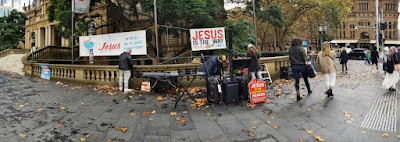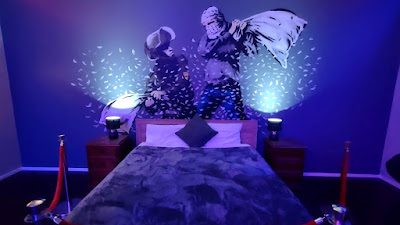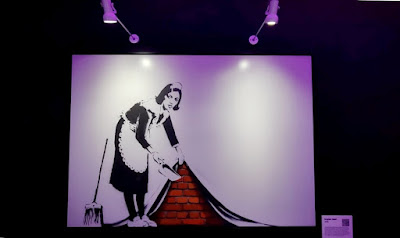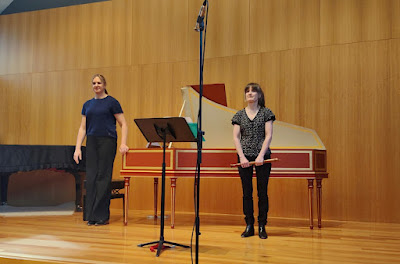Wesley Music Centre is admirable in its support of young, upcoming musicians. Not sure how they afford it, but they maintain a string of Wesley Music Scholars and have done so for yonks, with graduates even working internationally. They also support local students appearing amongst the Wednesday lunchtime concerts that I record. This one was the return of Elena Nikulina's studio with four students, some of whom we have heard before. This was Oscar Wu playing de Falla and Bartok, Hannah Ni playing a Chopin Polonaise, May Li playing Glinka arr. Balakirev and Simon Wu playing Chaminade and Bartok. They all played capably and the concert was wonderfully satisfying. My unexpected new awareness for the afternoon was how a piano, in this case a fairly new Yamaha grand, was so different under different hands. To some degree it would be a function of the music, but May's tone was so delicate and endearing under her considered touch while Simon's was heavy and meaty. Preferences and styles come to mind, but the different presences of the same piano was obvious and unexpected. Just a lovely concert all round with a touch of learnings (to borrow an ugly neologism).
Students of Elena Nikulina, Oscar Wu, Hannah Ni, May Li and Simon Wu (piano) played at Wesley.














































